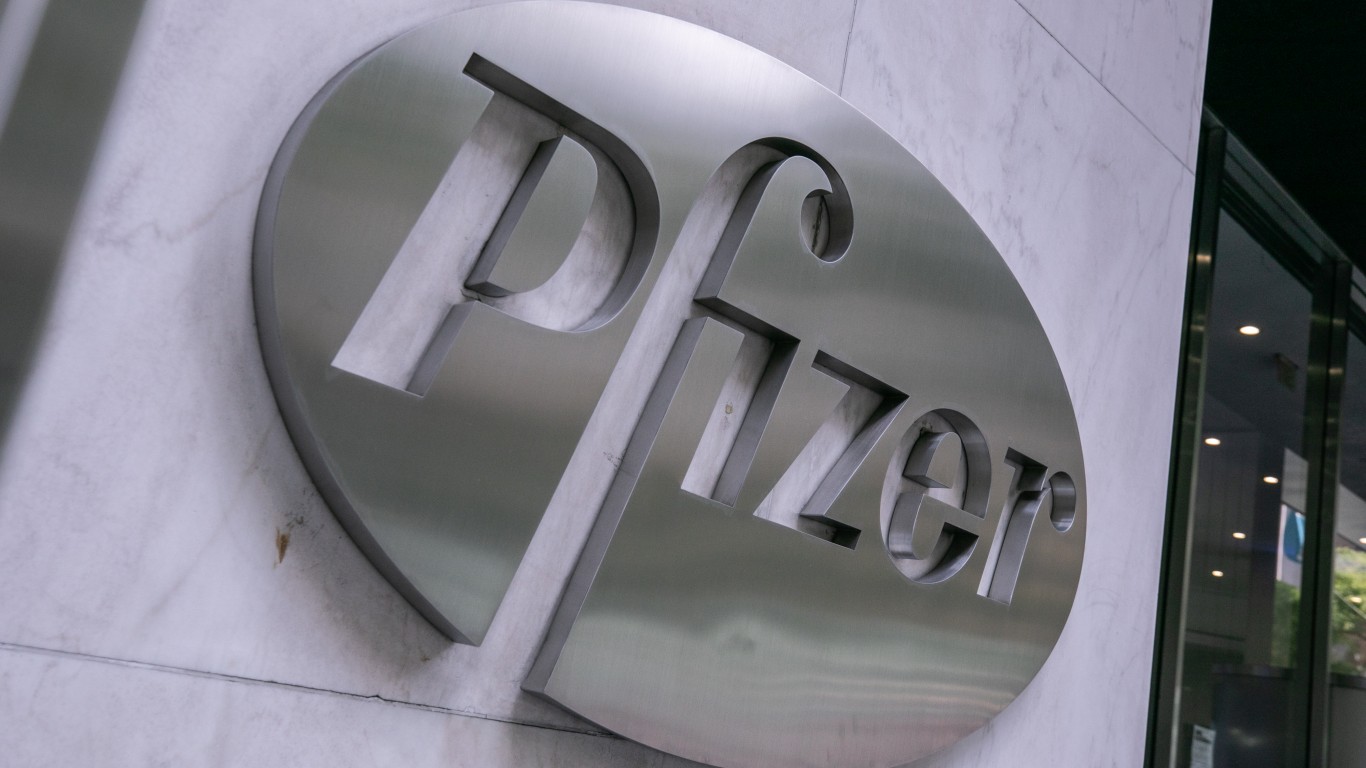 In another sign that the sovereign debt problem in Europe could spread beyond Greece, S&P downgraded the debt of Portugal by two levels to A- from A+. Greece’s debt was simultaneously cut to “junk” on concerns that a bailout by the Eurozone and IMF would falter. The credit agency slashed its long- and short-term sovereign credit ratings on Greece to BB+ and B, respectively, from BBB+ and A-2.
In another sign that the sovereign debt problem in Europe could spread beyond Greece, S&P downgraded the debt of Portugal by two levels to A- from A+. Greece’s debt was simultaneously cut to “junk” on concerns that a bailout by the Eurozone and IMF would falter. The credit agency slashed its long- and short-term sovereign credit ratings on Greece to BB+ and B, respectively, from BBB+ and A-2.
Kai Stukenbrock, an S&P credit analyst, said “The two-notch downgrade reflects our view of the amplified fiscal risks Portugal faces. Under our revised base case economic growth scenario, we expect the Portuguese government could struggle to stabilize its relatively high debt ratio over the outlook horizon until 2013. Portugal’s public finances in our view remain structurally weak, notwithstanding the government’s substantial public sector reforms of recent years.”
The downgrade of Portugal will have several immediate effects.
The first of these is that it will open the issue once again of the “moral hazard” which is integral to the Eurozone and IMF treatment of the Greek $50 billion bailout. Once Greece has been aided, other nations with weak economies and large amounts of sovereign debt due this year will be tempted to ask for backing of their own debt based on the assumption that Germany, France, and the IMF will not allow cascading failures of sovereign obligations in Europe. Such a cascade would devalue the euro significantly and would force Germany and France to add to their own debt loads to help struggling neighbors.
Of equal concern is the immediate effect that the downgrade will have on the amount of interest that Portugal must pay to raise money in the capital markets. Greece is effectively paying rates of over 7% and the drop in the value of its bonds makes their effective yield higher than 10%. Recent attempts by Greece to issue new bonds have met with slack demand. The price of CDS instruments to insure Greek debt is also rising sharply despite Eurozone statements of obligations to back part of Greece’s $400 billion in debt.
Portugal faces consequences similar to those of Greece. It has an unsteady progress in GDP and its economy may shrink this year. Unemployment hovers around 10%. It deficit to GDP ratio is high, which means that its ability to cover the rising debt service that goes with rising interest rates is nearly impossible.
The bailout of Greece, and perhaps Portugal, Spain, and Italy will require the IMF and Eurozone nations to cap the interest rates that the troubled nations need to pay for sovereign paper. The level of 5% has been suggested for Greece. In essence, the balance sheets of Germany, France, and the IMF will be used as guarantors to assure the payment of the debts of Greece which allows it in turn to pay below-market interest rate levels.
The chances that the Eurozone will dissolve will rise if a bailout of Greece is followed by one in Portugal . The stronger nations in the alliance may decide that it is better to allow the weaker nations in the group to default. The German public is already, according to several polls, deeply against use of German capital to back Greece, and potentially add to the burden of taxpayers in the largest economy in Europe.
What is at risk in a series of defaults is that European banks with large exposure to sovereign debt will have to be bailed out again in a process that is not unlike the use of the TARP funds to save American banks. And, Germany may decide that it is better to invest in the survival of its own financial system than in the uncertain future of Greece.
Douglas A. McIntyre
Sponsor: 26 Cheap Stocks to Sell – Cheap stocks have been on a tear recently, but nine out of 10 cheap stocks are circling the drain!
It’s Your Money, Your Future—Own It (sponsor)
Are you ahead, or behind on retirement? For families with more than $500,000 saved for retirement, finding a financial advisor who puts your interest first can be the difference, and today it’s easier than ever. SmartAsset’s free tool matches you with up to three fiduciary financial advisors who serve your area in minutes. Each advisor has been carefully vetted and must act in your best interests. Start your search now.
If you’ve saved and built a substantial nest egg for you and your family, don’t delay; get started right here and help your retirement dreams become a retirement reality.
Thank you for reading! Have some feedback for us?
Contact the 24/7 Wall St. editorial team.





